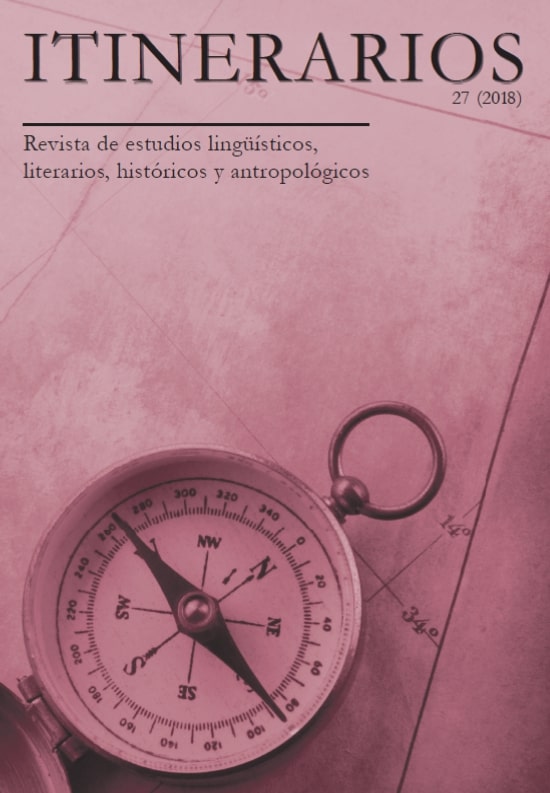Investigando a Domeyko quien investigó a los mapuche: las premisas de la cultura occidental moderna detrás del discurso sobre el Otro en Araucania y sus habitantes
Investigating Domeyko that Investigated the Mapuche: the Premises of the Modern Western Culture Behind the Discourse of the Other in Araucania and its Inhabitants
Author(s): Angelina KussySubject(s): Ethnohistory, 19th Century, Ethnic Minorities Studies
Published by: Instytut Studiów Iberyjskich i Iberoamerykańskich, Wydział Neofilologii, Uniwersytet Warszawski
Keywords: Domeyko; Mapuche; Otherness; equality; Modern West
Summary/Abstract: The article examines the premises behind the representation of the Mapuche from the end of the mid-nineteenth century, constructed by Ignacio Domeyko in his Araucania y sus habitantes (as well as those presented by some of the critics of his work). Through a hermeneutic and contextualized critical analysis of the discourse it illustrates, based on a particular case, the problems studied by reflexive anthropology, critical with the positivist paradigm represented by Domeyko: that of the non-transparency of the researcher. It challenges the widespread notion that the book of the prominent Polish-Chilean scientist was a document of humanism and fraternity with the Mapuche, defending their rights and freedoms. It also challenges the perception of this book as a valuable source on the Mapuche culture, though at the same time it points to its importance as a source of information on the original culture of its author: the evangelizing catholicism, nationalism, the evolutionary logic and antiegalitarian and instrumentalist ethics of the economic thought, still so present in the Western culture.
Journal: Itinerarios
- Issue Year: 2018
- Issue No: 27
- Page Range: 177-191
- Page Count: 15
- Language: Spanish

